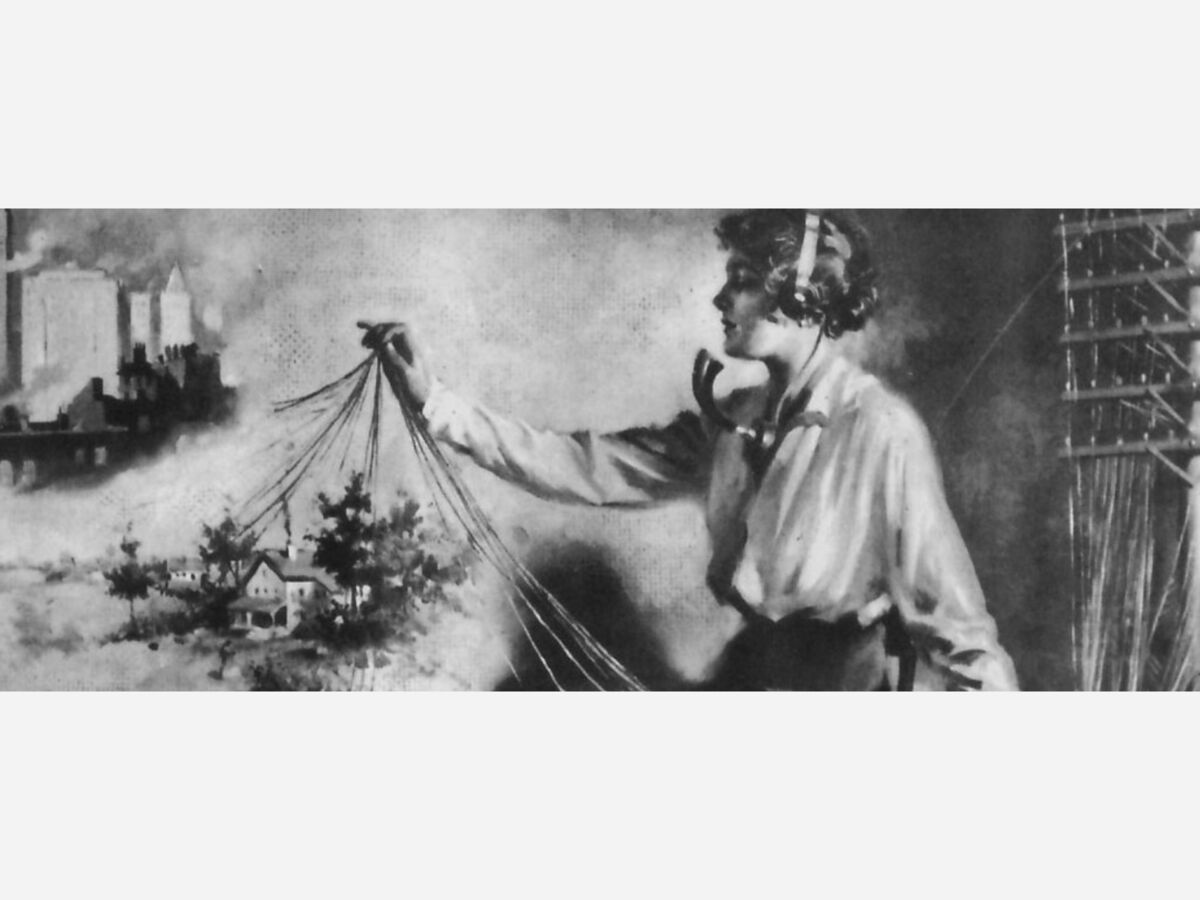Image

In the immediate aftermath of World War I, social change – and maybe even chaos – was in the air. Not only was Russia in revolution but most of the countries of Europe, victor and defeated, saw civil disorder and unease. Inflation was rampant, cutting into the purchasing power of everyone.
And, in Franklin, the small New England Telephone staff that routed local calls and connected people to far away cities, was also restive. The operators, always female and single, had never been well paid. Now they often faced onerous split shifts and ever-higher volumes of work. A bona fide union was coming into existence in Boston and when a strike was voted there on April 15, 1919, operators in the hinterland joined in walking off the job.
Accustomed to the convenience of the telephone for every aspect of daily life, the inability to make phone calls hit the region hard. Initially, male-dominated trade unions were unsympathetic, though in Boston, the police declined to help break the strike.
When the phone company hired new workers, they proved unable to master the system, so the disruption continued. A sticking point was the US Postmaster General who was still running the phone company --his way. Under President Wilson’s nationalization of most industries in support of his war aims, government control of large industries was the rule rather than the exception. The Postmaster General only reluctantly agreed to allow negotiations. However, the negotiations were successful and led to higher wages and elimination of the spilt shift practice.
In Franklin, the start of the strike went unremarked but the Sentinel of April 22 noted, laconically, “the telephone operators at the local exchange resumed work at 9 o’clock yesterday morning, much to the satisfaction of everyone.”
Local operators were employed in Franklin until the 1960s, when automated local dialing was instituted, and we are acquainted with one such individual who still lives here in town!
As for the Boston police, inspired perhaps by the phone operators, they went on strike in September of 1919. But that didn't end well. The city descended into mayhem, the Guard was called out and nine people ended up dead. And, all the strikers were fired and replaced.